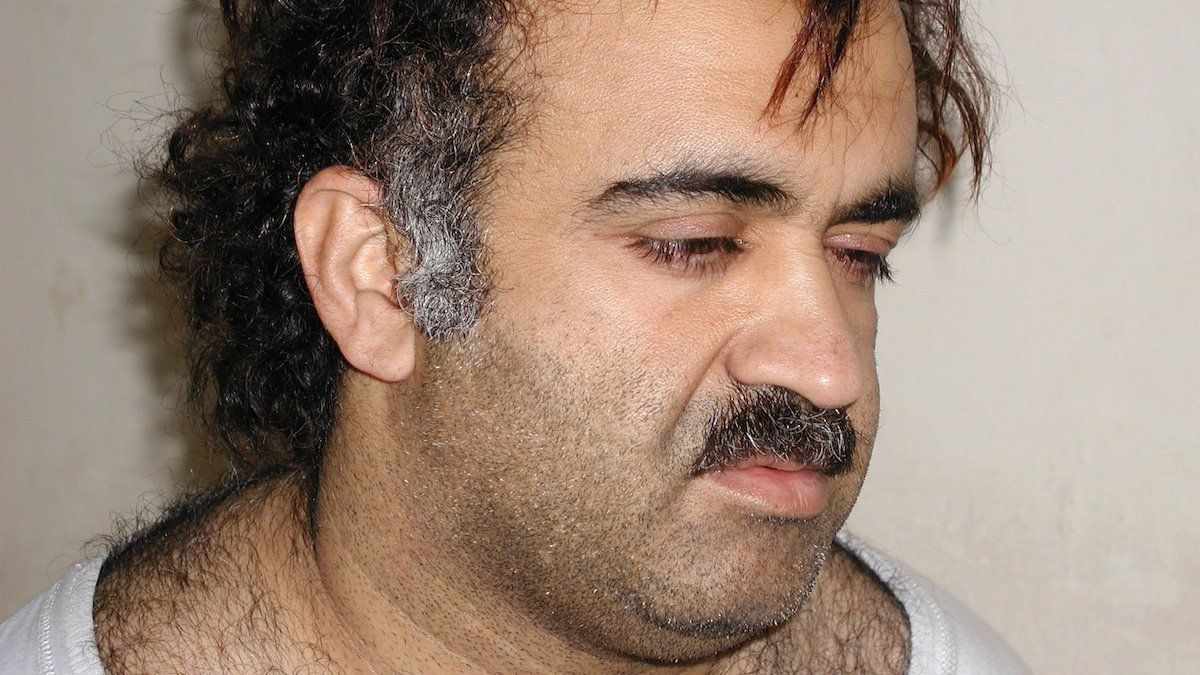Hard Numbers: Plea deal in 9/11 case, Ukrainians worn down by war, Death toll rises in Indian landslides, EU inflation ticks up and Fed holds rates steady, Venice cuts tourist group sizes, Myanmar junta extends emergency
23: Three alleged 9/11 conspirators — including suspected mastermind Khalid Sheikh Mohammed, Walid bin Attash, and Mustafa al-Hawsawi, have reached a plea deal with prosecutors nearly 23 years after the attacks on the World Trade Center that killed nearly 3,000 people. Details about the agreement are still under wraps, but the men will reportedly plead guilty at the military commission at Guantanamo Bay to avoid the death penalty.
44: Russian drones rained down on Kyiv early Wednesday, shaking the Ukrainian capital in ways unseen since the beginning of the 2022 invasion – and Ukrainians appear to be growing weary of war. A July survey shows that about 44% of Ukrainians now want to see talks started with Moscow and a third are ready to cede territory to Russia – three times as high as a year ago.
151: Rescuers are frantically searching through debris in Kerala state in southern India, where several landslides brought on by heavy rains have killed at least 151 people and injured hundreds more.
2.6: Having lowered three key interest rates in June by 25 basis points, the European Central Bank must now grapple with the fact that Eurozone inflation ticked up to 2.6% in July. The increase could lower the chance of another rate drop in September. The Federal Reserve, meanwhile, indicated on Wednesday that it would hold US rates steady but suggested that a reduction could come in September.
25: Shh! Big noisy tourist groups in Venice are a thing of the past as of today. In a bid to reduce the impact of mass tourism, the Italian city famed for its stunning canals and St Mark’s Basilica has limited the size of tourist parties to 25 people and banned the use of loudspeakers for tour guides. Those caught flouting the rules will be fined.
6: Myanmar’s junta has extended its state of emergency by another six months, further delaying long-promised elections. The junta, which ended the Southeast Asian country’s 10 years of democracy – has been suffering losses to armed minority groups in recent months. The military leaders claim they can’t hold fresh polls “due to the terrorist acts.”
